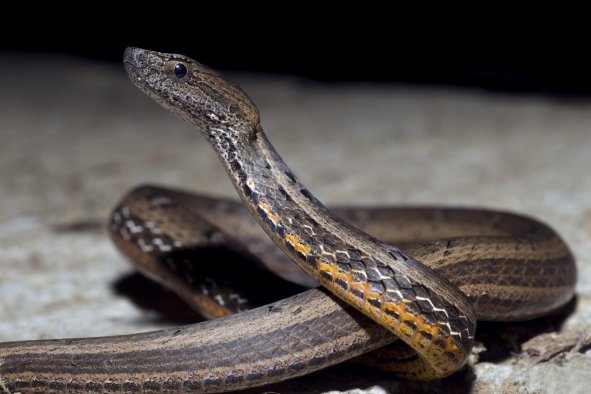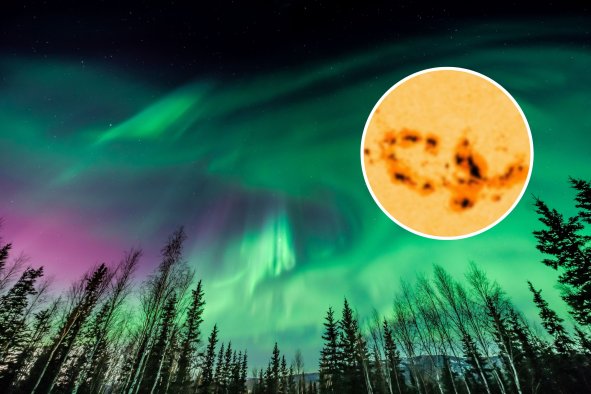Lumps of tar have been mysteriously washing ashore along Washington and Oregon beaches, and officials do not know why.
Officials first noticed the tar from an unknown source, washing up near Beards Hollow in Washington, on May 19. At the same time, birds covered in oil were spotted in northern Oregon and southern Washington, a statement from the United States Coast Guard reported.
Since then, more wildlife has been affected, but officials still do not know where the tar is coming from.
So far, officials have found six common murres birds contaminated with oil in Washington, according to a coast guard report released on May 22. Two of these birds were found dead, and another was euthanized due to its injuries. Four were also found alive in Oregon.
More recently, a dead humpback whale has been found washed ashore in Nehalem Bay State Park, according to a May 27 update from the Oregon Department of Environmental Quality. This is close to where tar clumps were found in Oregon, however, it is not clear whether the substance had anything to do with the whales death, and it could be a week before officials find out.
Officials from oil spill response organization NWFF Environmental have been attempting to clean up the tar balls, however the situation is ongoing. Samples of the tar were sent for lab analysis, and officials have since confirmed it is petroleum-based.
"Responders continue to survey beaches along the Oregon and Washington coasts for tar-like patties and impacted wildlife. The substance has been determined to be petroleum-based," the most recent update from Oregon Department of Environmental Quality said.
The department is urging beach goers to avoid the substance if they see it.
"Try to avoid touching the tar-like substance—if you do, make sure to wash it off with soap that cuts grease. You can use shampoo or dish cleaner for hair as well," the update said.
Tar is very harmful to the environment, for multiple reasons.
It contains a mixture of toxic chemicals, including polycyclic aromatic hydrocarbons, which are known to be carcinogenic and can cause serious health issues in humans and wildlife.
When tar is spilled or leaked into soil and water bodies, it can cause contamination.
Aquatic life is particularly vulnerable to this, as tar can form a thick layer on the water surface, reducing oxygen levels and harming fish and other marine organisms. Sea birds such as common murres are also at risk of this.
The cleanup process for tar spills is challenging and expensive, often leaving long-lasting damage to ecosystems. The persistent nature of tar also means it can remain in the environment for extended periods, continually posing risks to plants, animals, and water quality.
So far the coast guard has conducted two helicopter flights in the area. There have been no reports of tar in other areas.
Do you have a tip on a science story that Newsweek should be covering? Do you have a question about tar? Let us know via science@newsweek.com.
Disclaimer: The copyright of this article belongs to the original author. Reposting this article is solely for the purpose of information dissemination and does not constitute any investment advice. If there is any infringement, please contact us immediately. We will make corrections or deletions as necessary. Thank you.



